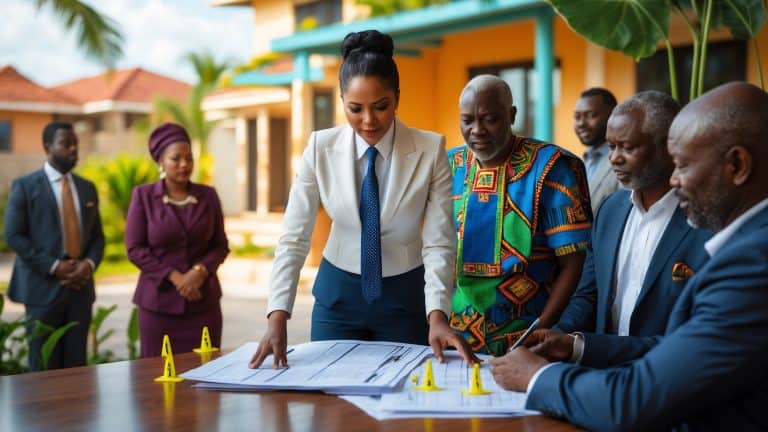This is a premium article written by one of our experts.
Check out

Essential Househelp Interview Questions for a Successful Hire in Ghana
This is a premium article written by one of our experts. Upgrade to Navigator or Pathfinder read the full article

Due Diligence in Ghana: Effective Strategies for Property Research and Risk Mitigation
This is a premium article written by one of our experts. Upgrade to Navigator or Pathfinder read the full article

How to Verify Property Documents in Ghana: Avoiding Real Estate Scams
This is a premium article written by one of our experts. Upgrade to Navigator or Pathfinder read the full article

Unlocking Expat Business Opportunities: Energy Sector Support Services in Ghana
This is a premium article written by one of our experts. Upgrade to Navigator or Pathfinder read the full article

Creating a Successful Investment Syndicate in Ghana: Your Guide to Collaborative Capital Formation
This is a premium article written by one of our experts. Upgrade to Navigator or Pathfinder read the full article

Ghana’s Shift to Gold: What Diasporans Need to Know for Inflation Protection
Ghana is taking assertive steps toward redefining its financial narrative, turning to gold as a robust shield against inflation and dependence on foreign currencies like the U.S. dollar. For the African diaspora, this move is more than just national policy; it’s a roadmap for achieving personal financial security in an increasingly unpredictable economic climate.